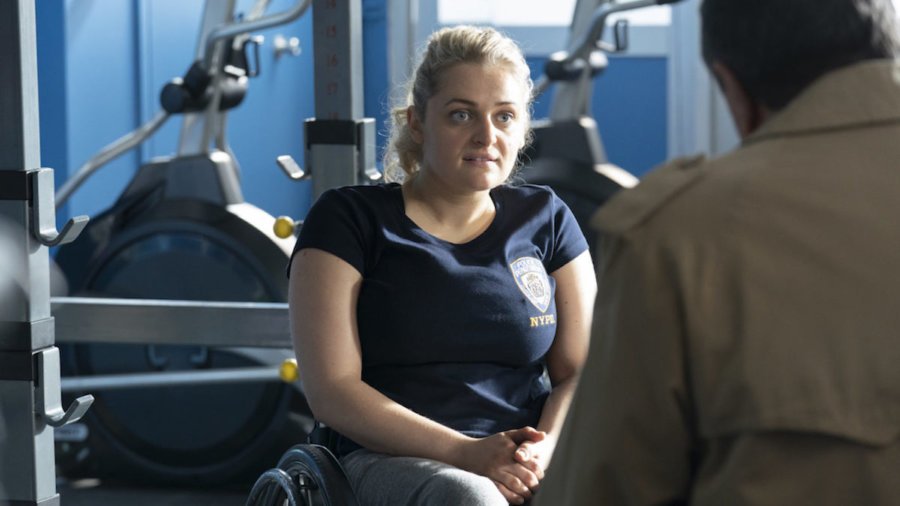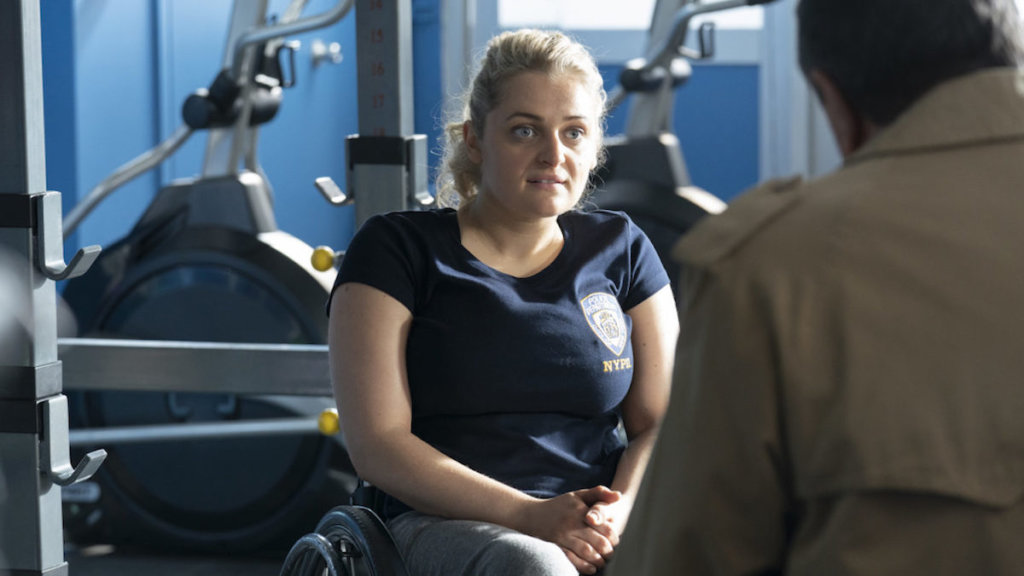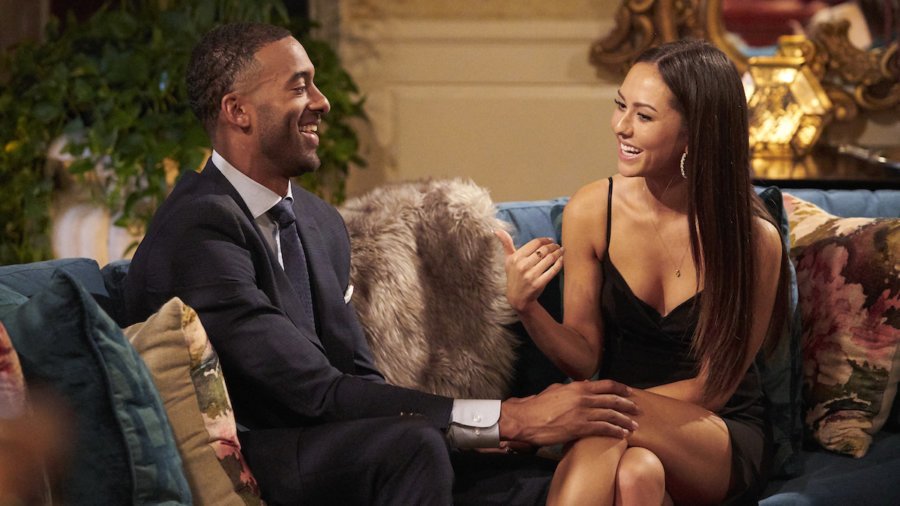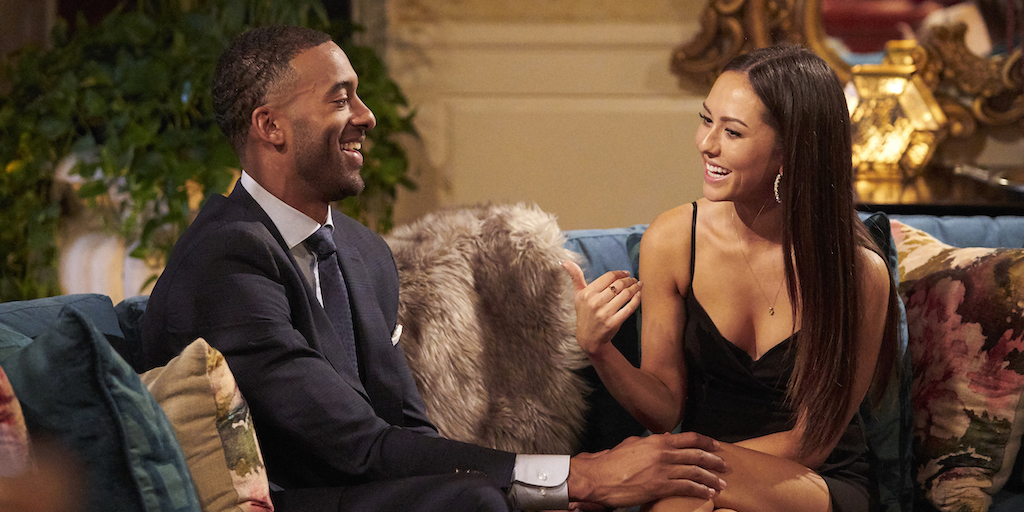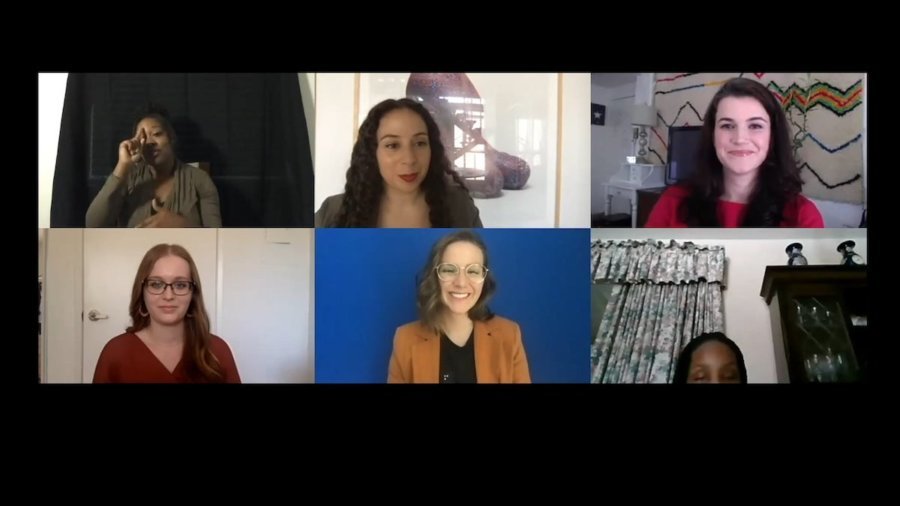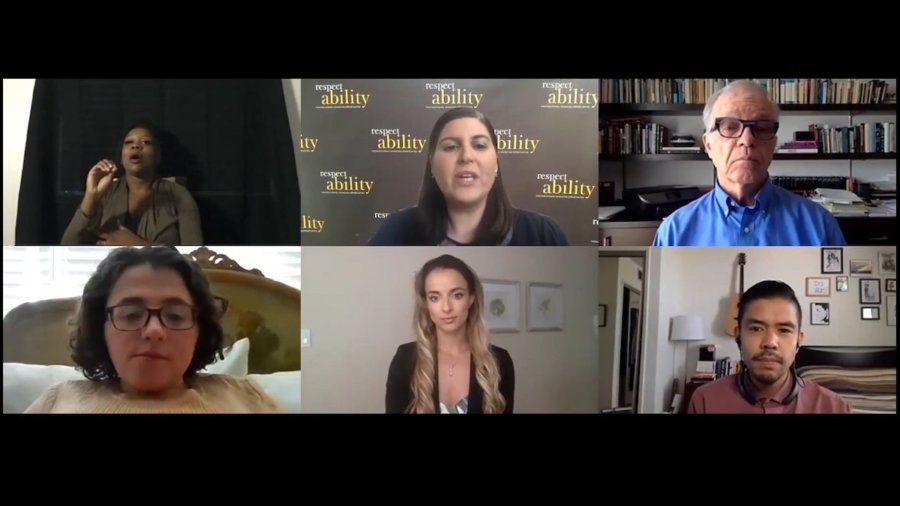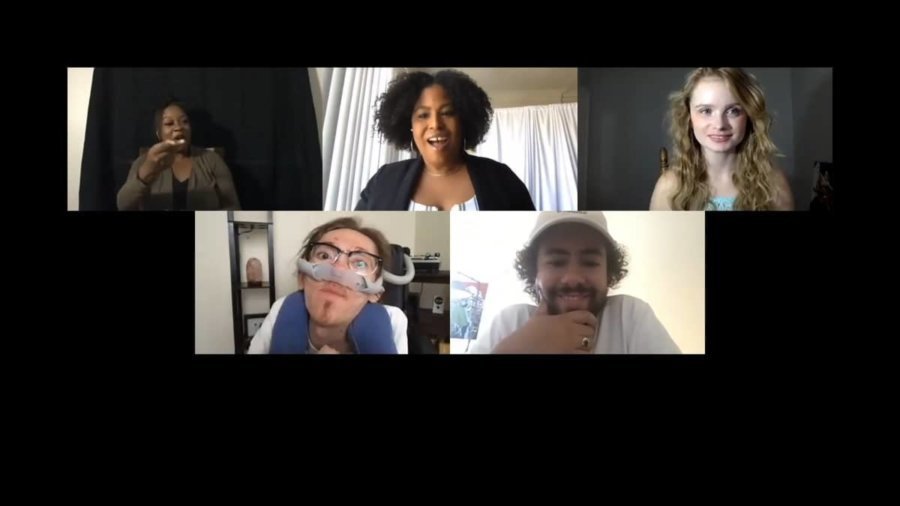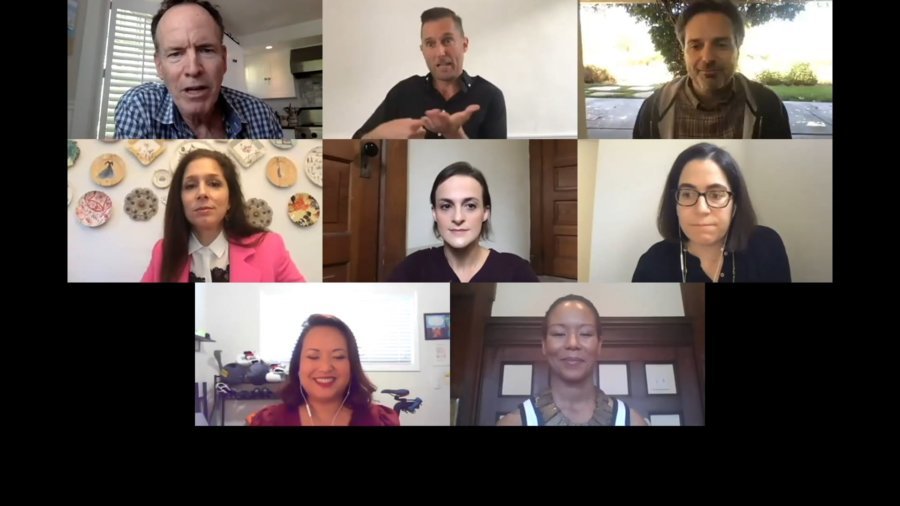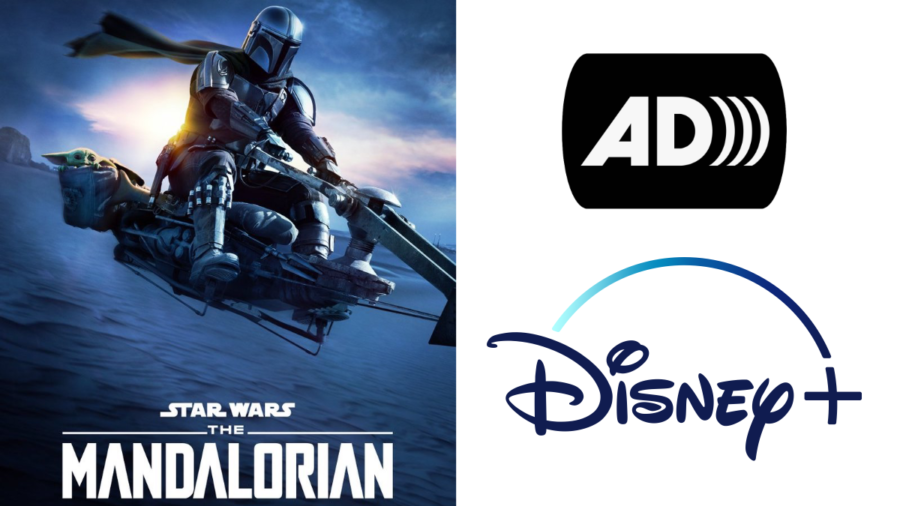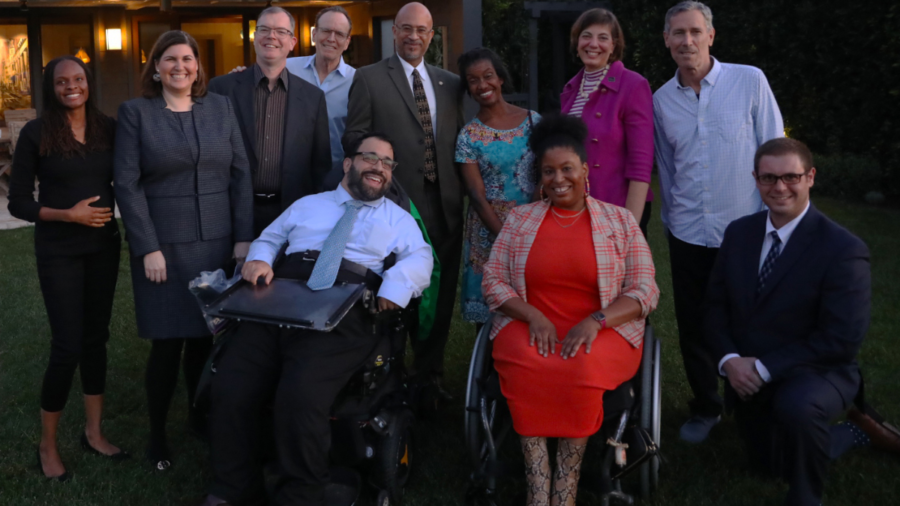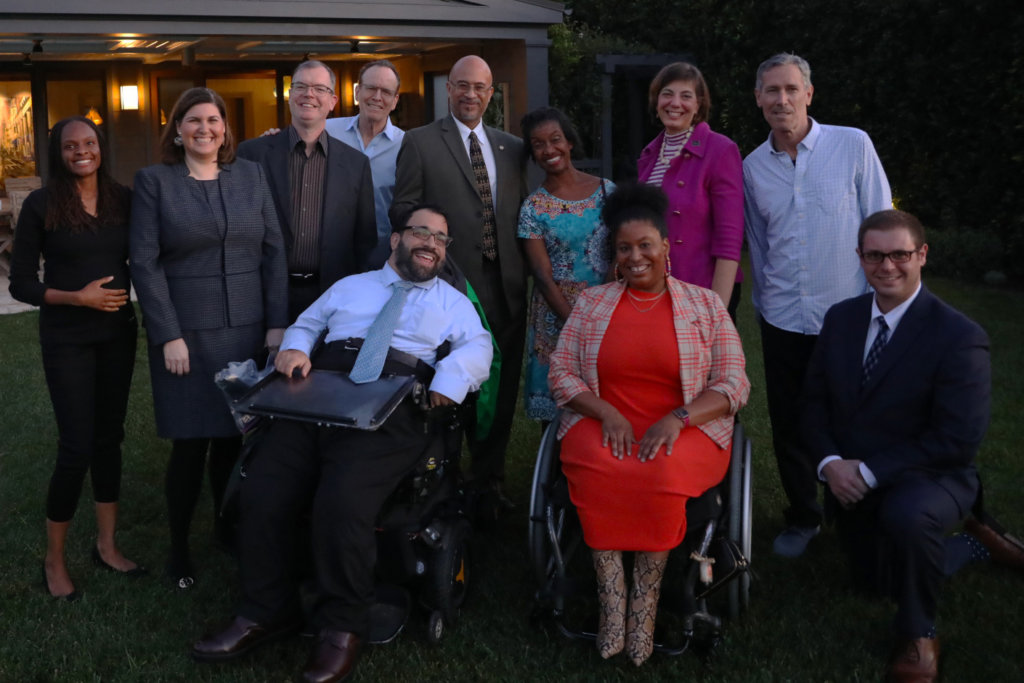Los Angeles, Jan. 14 – If you had told me that CBS’ decade-long cop show, Blue Bloods, would tackle the issue of disability employment, I would have assumed you were from a parallel universe, but here we are.
In the episode properly titled “Redemption,” Blue Bloods introduces Detective Allison Mulaney, a feisty and well decorated detective paralyzed from the waist down due to an injury sustained in the line of duty. Mulaney is portrayed by Tony award-winning Broadway star Ali Stroker. Stroker’s first critical success came in 2019 when she won a Tony for best supporting actress for her role in Oklahoma! making her the first woman in a wheelchair to win a Tony. [continue reading…]


